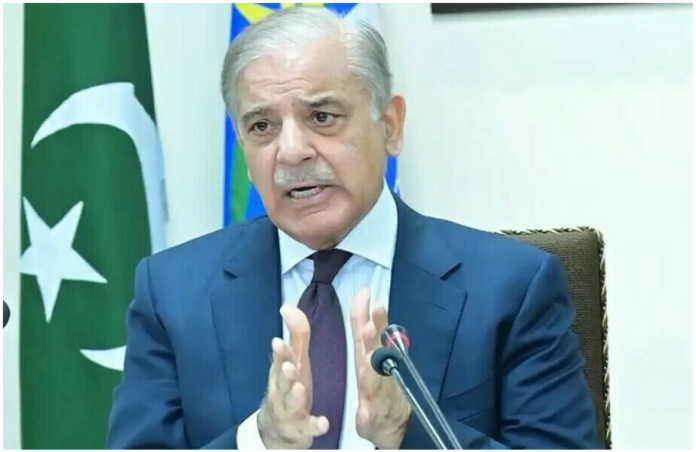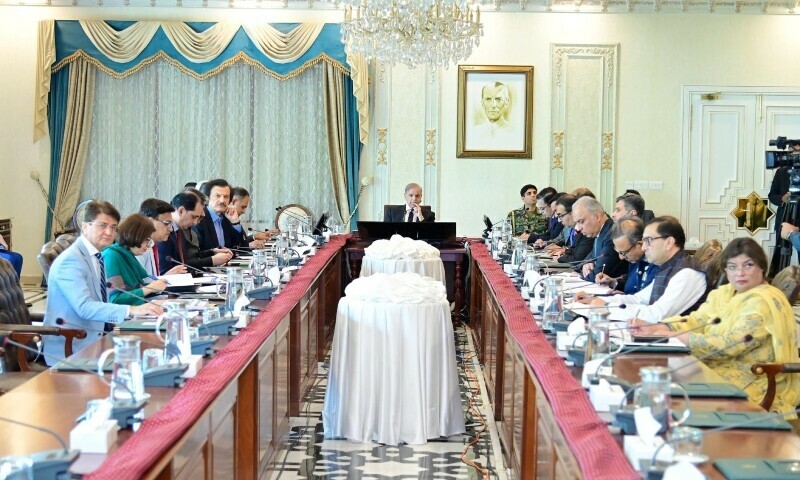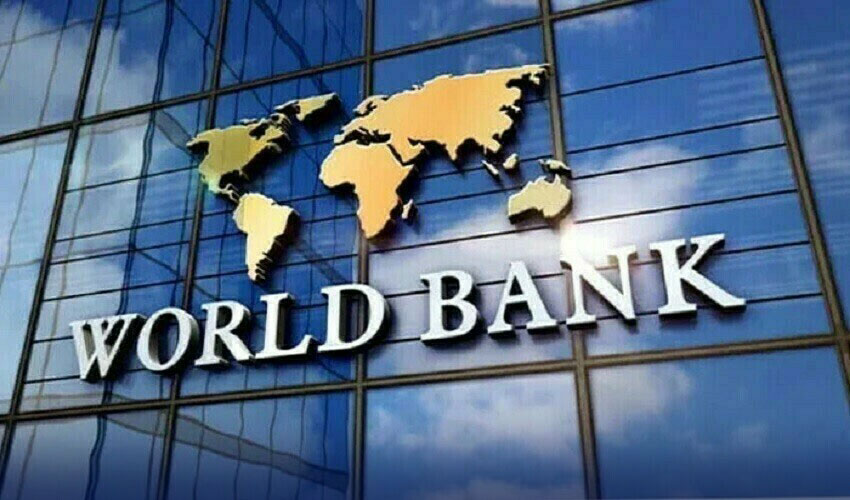TRADE & ECONOMY

In a significant move to provide relief to consumers and ease the financial burden on the national exchequer, the Federal Cabinet has approved nine agreements with 15 Independent Power Producers (IPPs). The agreements are expected to save over Rs 500 billion and reduce electricity prices by Rs 10-11 per unit, offering much-needed relief to the public.
Key Approvals and Reforms
During the Federal Cabinet meeting, chaired by Prime Minister Shehbaz Sharif, several important decisions were made to improve the country's energy sector. The Prime Minister expressed hope that the revised agreements with IPPs will not only lower electricity costs but also significantly reduce circular debt.
The Cabinet approved the merger of the Narcotics Division with the Home Division and the Aviation Division with the Defense Division. Additionally, amendments to the Public Procurement Rules were approved to streamline processes and improve efficiency.
Another key development was the approval of sending the National Commission for Minorities Act 2024 to Parliament, which aims to address issues related to minority rights in the country.
Revised Agreements with IPPs
The revised agreements with IPPs are expected to save the national exchequer over Rs 1.4 trillion by reducing the cost of power generation. These agreements also include the reduction of profit and cost for IPPs by Rs 802 billion. A significant part of the savings will come from the Rs 35 billion to be deducted from IPPs due to excess profits from previous years.
The Prime Minister raised questions regarding the capacity payments of government power generation companies, highlighting the challenges of paying these in dollars. He emphasized that discussions are ongoing with large companies on capacity charges, and efforts are being made on a priority basis to reduce the financial burden on the public.
Efforts to Eliminate Circular Debt
Prime Minister Shehbaz Sharif stated that the task force had successfully met the target of reducing 3,000 MW of electricity demand, and ongoing discussions are aimed at further reducing costs. He also noted that the revised agreements would go a long way in reducing circular debt, a long-standing issue that has plagued Pakistan’s energy sector.
With these changes, the government hopes to tackle both the financial issues of IPPs and the concerns of consumers who have faced rising electricity costs. The aim is to provide affordable and reliable electricity to the people of Pakistan while ensuring the sustainability of the power sector.
Prime Minister’s Commitment to Relief
Prime Minister Shehbaz Sharif called the revised agreements a great success, emphasizing that they will not only save the national exchequer but will also reduce electricity prices, thus benefiting consumers across the country. He reiterated the government's commitment to prioritizing energy reforms and providing immediate relief to the public.
Conclusion
The Federal Cabinet's decision marks a crucial step in Pakistan’s energy reforms, with significant savings for the national exchequer and a reduction in electricity costs for consumers. By addressing issues such as capacity payments, circular debt, and excess profits of IPPs, the government aims to stabilize the energy sector and provide long-term benefits for the country.




